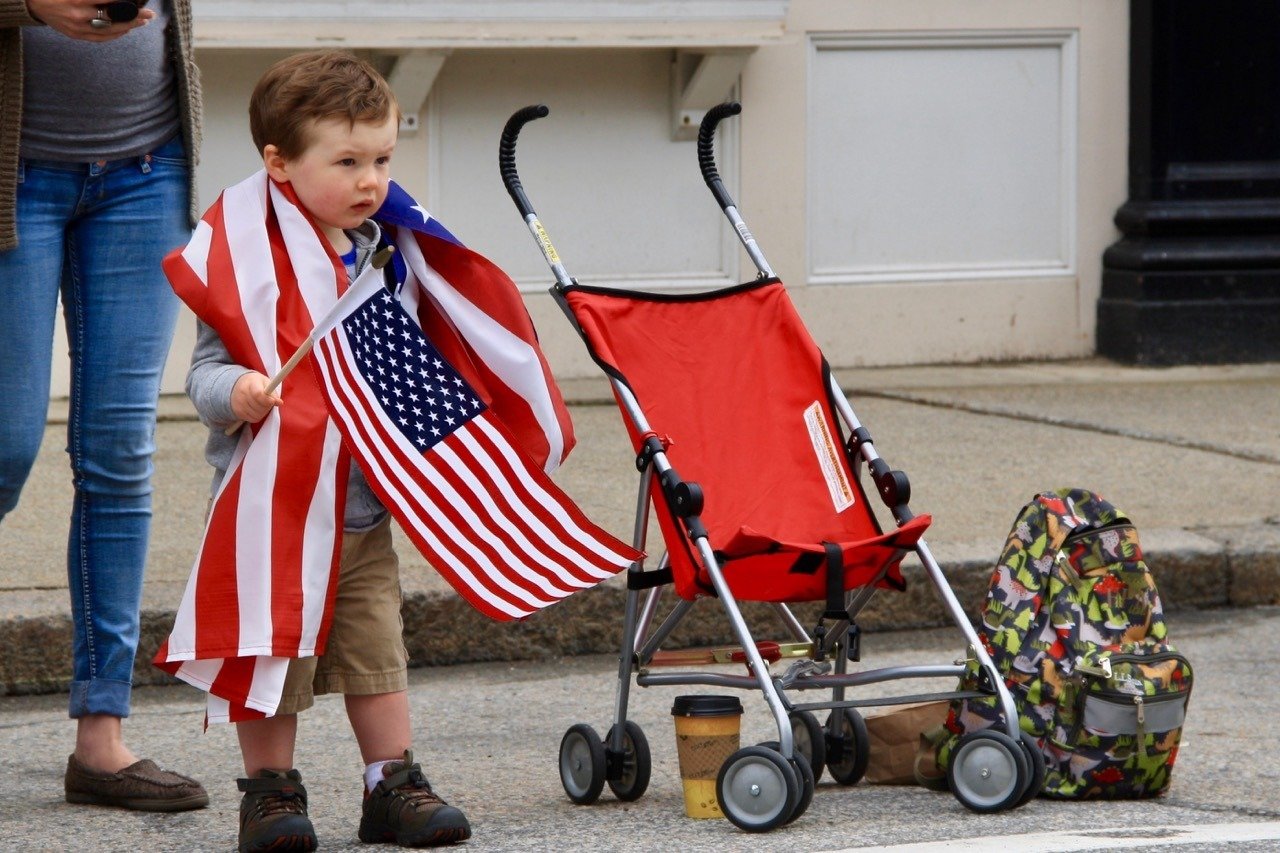By Gabe Soltero
Over the past two decades, Americans have placed military service members on a pedestal. Some argue this was an overdue recognition of the sacrifices these men and women make every day, combined with residual national guilt from the harsh treatment many faced upon returning from the Vietnam War.
Others quietly say it’s gotten to be a bit over the top, as if the reverence afforded the so-called “warrior class” places it in a protective bubble making it immune to any criticism, a worrisome thought. My fear is that in deifying our military we only isolate it further from the citizens it serves, widening an already existing cultural gap.
 As an officer serving on active duty, I’m constantly humbled by the sincere and heartfelt expressions of gratitude from many of my fellow Americans. But beyond the brief exchanges that involve the somewhat stilted “thank you for your service,” there is little regular interaction between military members and the civilian community. To their credit, many cities and towns, including East Greenwich, organize events on Veterans Day to honor those who have served our country. Despite these efforts, however, the military remains largely an alien culture to most Americans, and many of us in uniform seem to be OK with that.
As an officer serving on active duty, I’m constantly humbled by the sincere and heartfelt expressions of gratitude from many of my fellow Americans. But beyond the brief exchanges that involve the somewhat stilted “thank you for your service,” there is little regular interaction between military members and the civilian community. To their credit, many cities and towns, including East Greenwich, organize events on Veterans Day to honor those who have served our country. Despite these efforts, however, the military remains largely an alien culture to most Americans, and many of us in uniform seem to be OK with that.
The self-segregation increasingly practiced by military families, in which we tend to keep civilian America at arm’s length, avoids dealing with a growing, unhealthy divide. A society disconnected from those who wage violence on its behalf has less skin in the game. So when the time comes to consider whether to employ military force, a highly visible and powerful tool of statecraft, there is little to no national conversation about it. As long as someone else is doing the fighting and dying, it’s much easier to make an otherwise weighty decision. Political leaders don’t feel compelled to make their case for war to the American people when less than one percent of them – volunteers all – will fight in it.
The consequences of this disconnect are many, but two in particular worry me. The first one is a
reluctance among civilians to seriously challenge any political decisions that involve sending troops to fight abroad. This could be out of fear of being labeled as unpatriotic, or perhaps due to a measure of indifference: if civilians are not called upon to make a particular sacrifice, some may prefer to quietly go about their lives and leave war to those who train for it as a profession. We have been operating this way as a nation for the past seventeen years. It has become the new normal.
The second worrying consequence is the mistaken notion that one cannot understand sacrifice unless one has served in the military. Over the past few months I’ve noticed how a small but growing number of military members and their families claim to “own” the idea of taking on hardships – to include giving up one’s life – for the sake of others. The recent Nike ad campaign featuring NFL quarterback Colin Kaepernick highlighted this, evincing a strong negative reaction from many in the military who found his perspective on sacrifice wanting. This dismissive response sends a message that the sacrifices countless Americans make on a daily basis – for their kids, for their parents, for their communities – are not as meaningful. It also risks alienating veterans further from the citizens they’ve volunteered to serve.
So what to do about it? I think those of us who currently wear the uniform are best positioned to begin a conversation, one in which we invite our civilian friends to learn about what we do and demystify the military profession. After all, we’re not much different. Veterans are our neighbors, with school plays to attend, little league teams to coach, and mortgages to pay. We’re saving for the college education of our children and for that trip to Disney World. We look forward to getting our home projects done on Saturday so we can watch the Patriots on Sunday. Veterans all want pretty much the same things out of life as anyone else: a peaceful existence where we can find happiness surrounded by loved ones. The veteran’s dream is the American dream.
Perhaps with these ideas in mind we can move beyond “thank you for your service” and make a real effort at knowing each other. Citizens who better understand how our military works will be
empowered to hold their political leaders accountable when considering the use of force, a patriotic act if there ever was one. Veterans who truly embrace what it means to serve will recognize the sacrifices that many of their fellow citizens make every day and realize how much we have in common. The military-civilian divide will narrow. And our community will be stronger for it.
Captain Soltero is an East Greenwich resident and active duty Navy officer.






 Subscribe
Subscribe
I agree with you, Gabe, but have no idea how to begin a conversation.
Agreed. Very well stated as always. I think… that for at least two reasons as the percentages of Senators and Representatives with prior military service increase we will see less pandering to the military. First, that prior service members will be more apt to fire 4 star flags for not supporting policy. Secondly, they will not accept the unique sacrifice narrative as you identified in the article. My guess is that in the coming decade we will see a shift in messaging to give all Americans a little bigger piece of pie. Military pay freezes/decreases? Retirement means testing? Who knows…